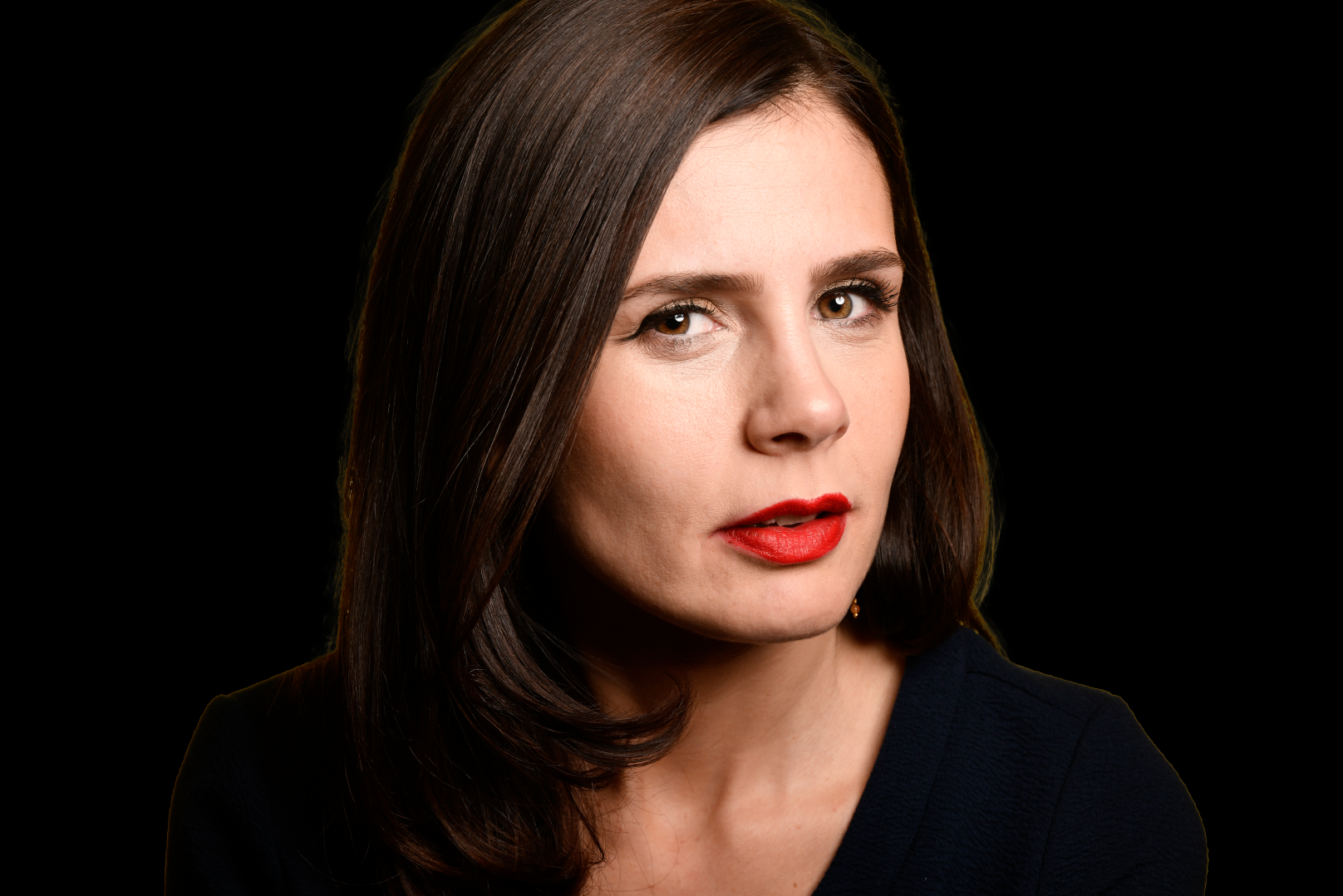
Going it alone
Single mothers face social stigma and economic hardship.
“There is always the tendency to look at [single mothers] as less worthy, less important, and generally they are less valued by society in terms of cultural and societal representation.”
Vjollca Krasniqi“The obligation for sheltering these women is an obligation of the Ministry of Social Welfare, but they have a lack of budget and have failed to provide this.”
“We often take decisions knowing that it is very difficult to realize them."
"There is a light at the end of these experiences."
Flutra Zymi
Dafina Halili
Dafina Halili is a senior journalist at K2.0, covering mainly human rights and social justice issues. Dafina has a master’s degree in diversity and the media from the University of Westminster in London, U.K..
This story was originally written in English.